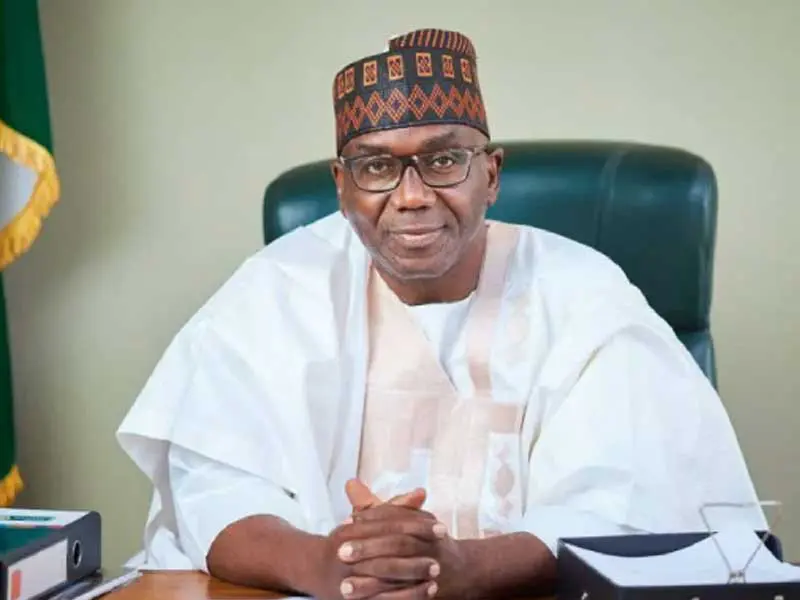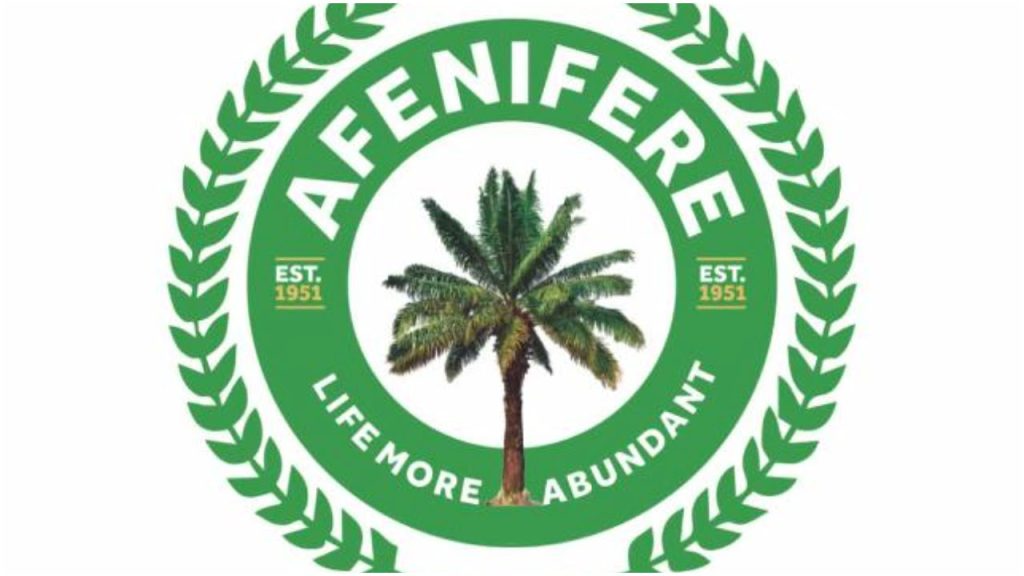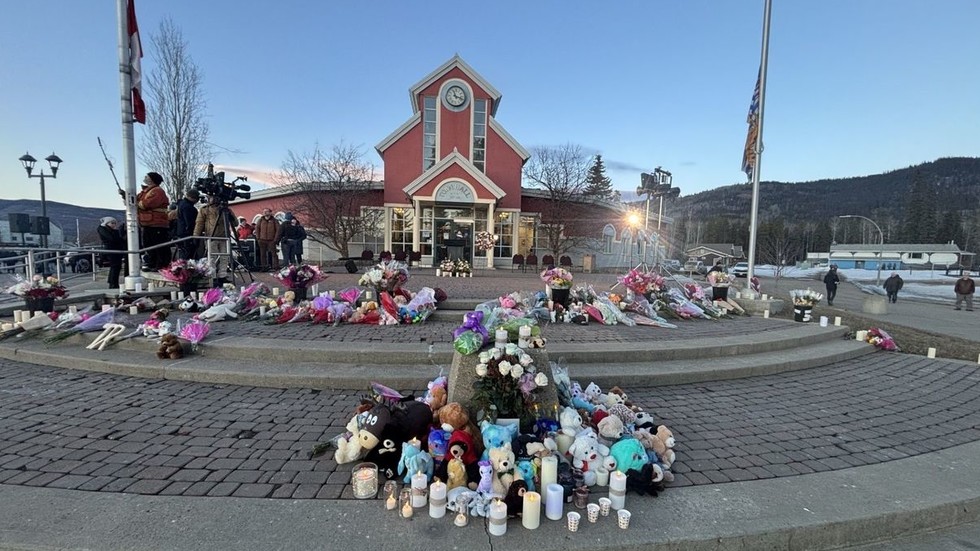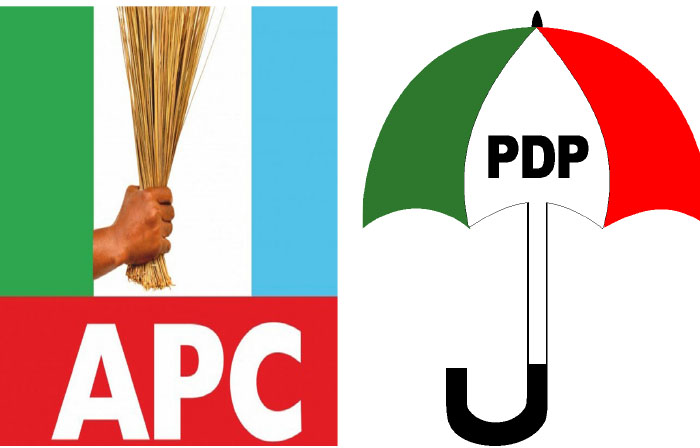The Nigerian Supreme Council for Islamic Affairs has rejected the United States’ designation of Nigeria as a “Country of Particular Concern” under former President Donald Trump. The council’s National Secretary, Prof. Ishaq Oloyede, described the claim of “Christian genocide” in Nigeria as a form of foreign propaganda aimed at destabilizing the country.
Speaking in Abuja, Oloyede stated that the narrative of genocide is false, politically motivated, and intended to incite religious division in Nigeria. He emphasized that there is no evidence to support claims that Nigerian Muslims are persecuting Christians, and that both Muslims and Christians are victims of terrorism and criminality. Oloyede attributed the insecurity in Nigeria to factors such as terrorism, poverty, and climate change, which have led to violent clashes over resources.
The Muslim Ummah cited independent investigations by organizations like Amnesty International, which found that the violence in Nigeria does not meet the legal definition of genocide under international law. Oloyede also suggested that the push to label Nigeria a religious-persecution zone intensified after the country reaffirmed its support for a two-state solution in Palestine at the United Nations.
The Islamic Council has called on Nigerians to reject foreign interference and resist attempts to turn genuine security challenges into sectarian conflict. Oloyede urged the US to withdraw its statement and instead provide Nigeria with intelligence and logistical aid to combat terrorism. The council also appealed to the Nigerian government to strengthen security, expose sponsors of banditry, and protect all citizens regardless of faith.
This development comes after President Trump threatened military action on Nigeria over alleged killings of Christians, following his earlier designation of the country as a Country of Particular Concern. The Nigerian government has repeatedly rejected Trump’s claims, calling on the US and others to support the country’s efforts to address insecurity.
The Nigerian Supreme Council for Islamic Affairs has reaffirmed its commitment to unity, peace, and justice, and has urged all Nigerians to work together to address the country’s security challenges. The council’s stance highlights the need for a nuanced understanding of the complex issues facing Nigeria, and the importance of avoiding simplistic or divisive narratives that can exacerbate tensions.



